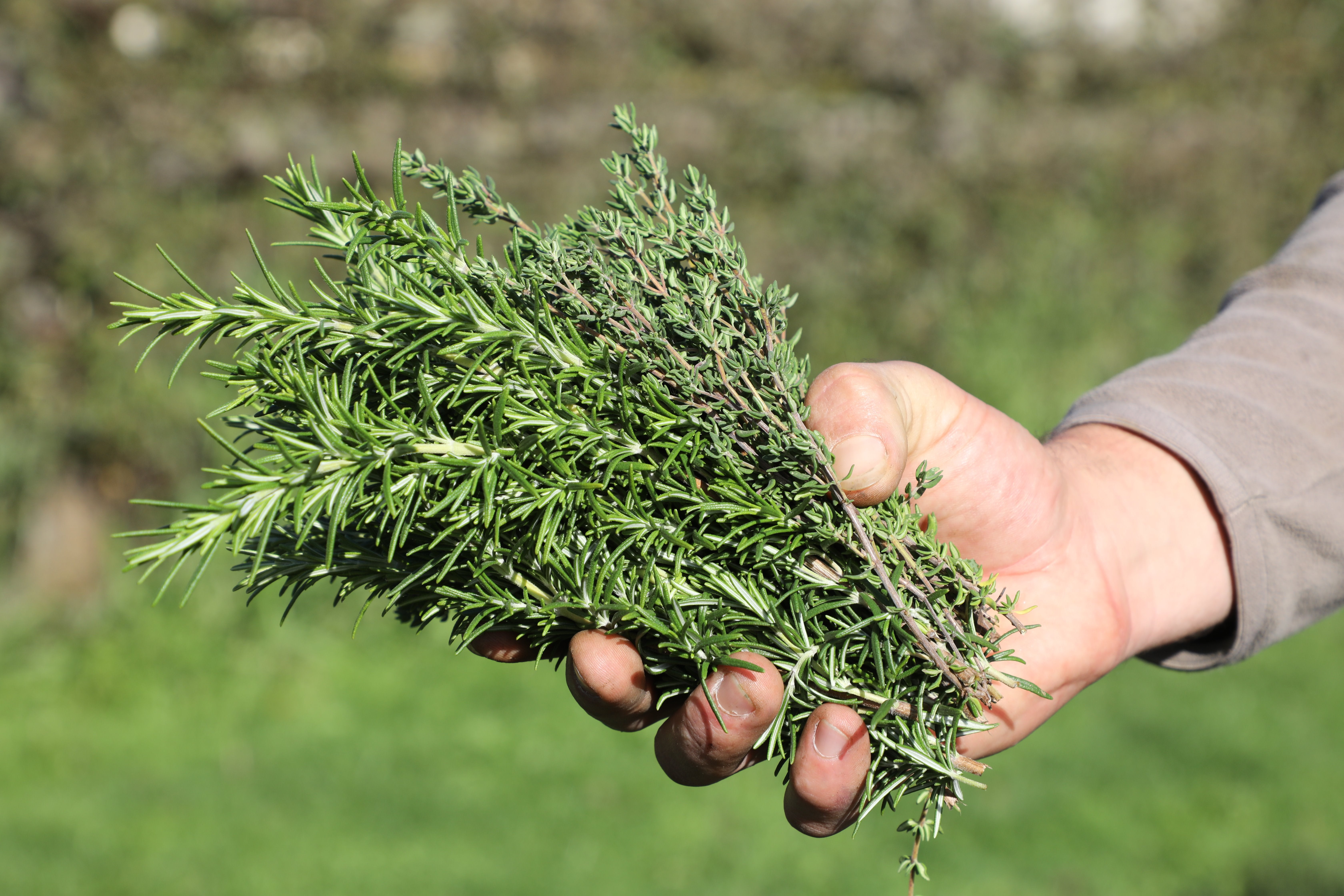Garnishing your next meal with thyme can provide major health benefits that protect your immune system and fight harmful inflammation.
The common kitchen herb found in grocery stores across the country contains crucial vitamins and essential minerals.
Thyme has vitamin A, which helps strengthen vision, as well as stress-relieving B vitamins. It also has vitamin C, which protects the body’s cells and prevents infection.
The herb also contains iron, manganese, calcium, and magnesium, which bolster bone and blood health.
“These all help to boost the immune system and prevent colds, flus, and other illnesses and increasing your thyme intake can improve the function of your immune system,” the D.C.-based Association of Accredited Naturopathic Medical Colleges said in a statement.
Just a sprinkle to help stave off cancer
That’s not the only reason people should turn to thyme when cooking.
Like parsley, oregano, and chamomile, thyme is a flavone — a type of plant-based chemical that can reduce cancer-causing inflammation in the body, according to the Cleveland Clinic.
Inflammation may also result in autoimmune, neurodegenerative, gastrointestinal, and heart diseases. Together, inflammatory diseases account for more than half of all deaths globally, the Clinic says.
But just a sprinkle of thyme over rice, roast chicken, or brie crostinis is enough for people to feel these benefits.
A versatile essential oil
Thyme oil, made through steaming and distilling the herb, contains a compound called thymol that’s used in mouthwash, preservatives, disinfectants, and pesticides.
Thymol has anti-bacterial properties, according to Sonia Uyterhoeven, the gardener for public education at the New York Botanical Garden.
The active ingredient is responsible for the herb’s fresh and minty scent, and previous research has shown it may support a healthy brain.
However, thyme oil should not be swallowed or used undiluted on the skin, according to Healthline.

Use dates back to the pharaohs
“This is not new information, of course — for centuries, herbs and spices have been used to preserve foods. In the past decade, studies have shown that thyme and basil may even be capable of defending against microbial contamination,” Uyterhoeven noted.
Once used for the ancient Egyptians’ embalming practices thousands of years ago, people can add fresh thyme into homemade salad dressings, cocktails, omelets, or in a cup of tea to fight a cold or sore throat.
The savory herb that helps with digestion
The sweet-and-savory spice that can slash harmful inflammation
How to turn autumn leaves into a nutrient-rich mould for your garden
How to spot the symptoms of burnout and experts’ advice to treat them
Scientists uncover unexpected link between serotonin and cancer
New rapid heart attack test could get patients treated faster and safely, say experts







